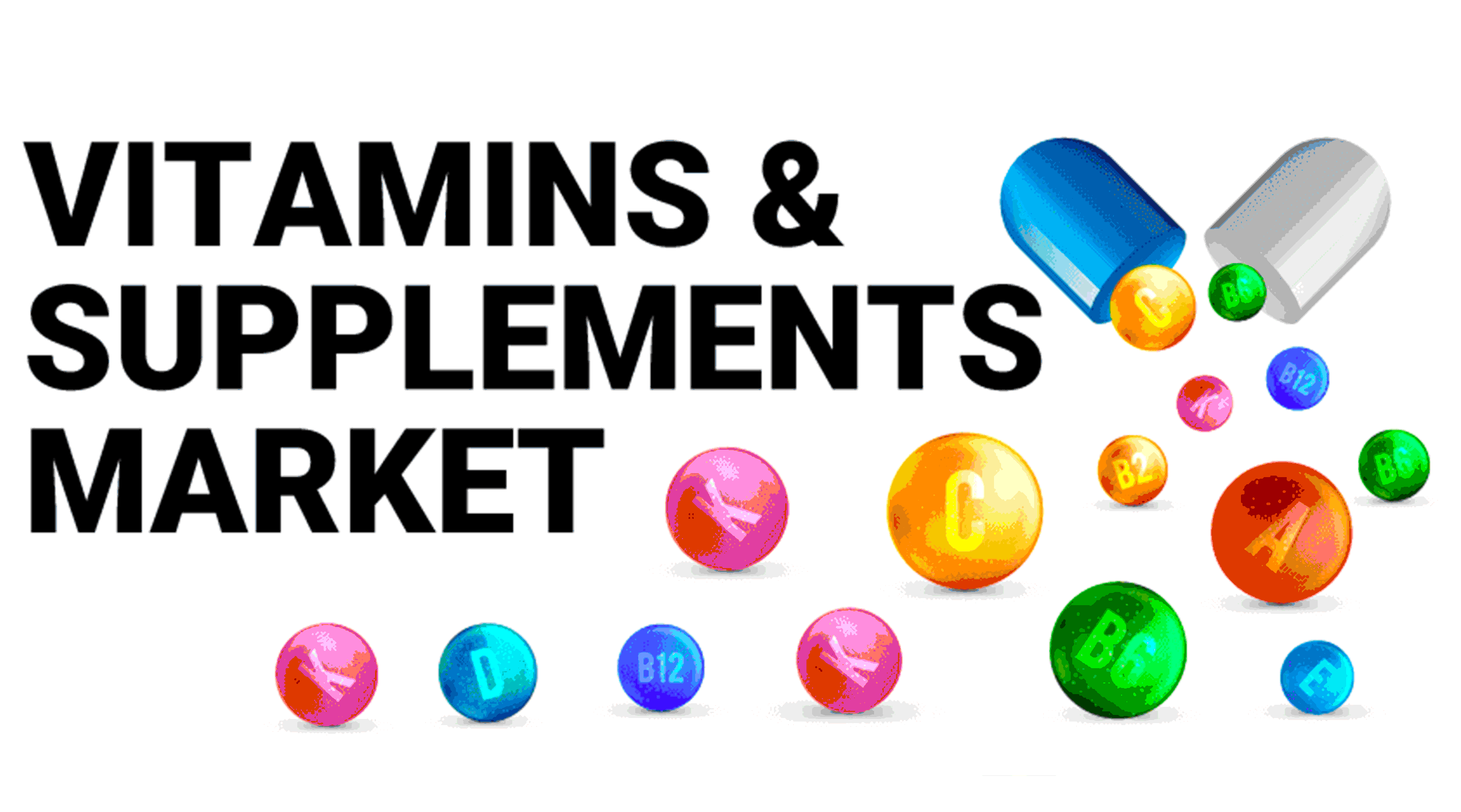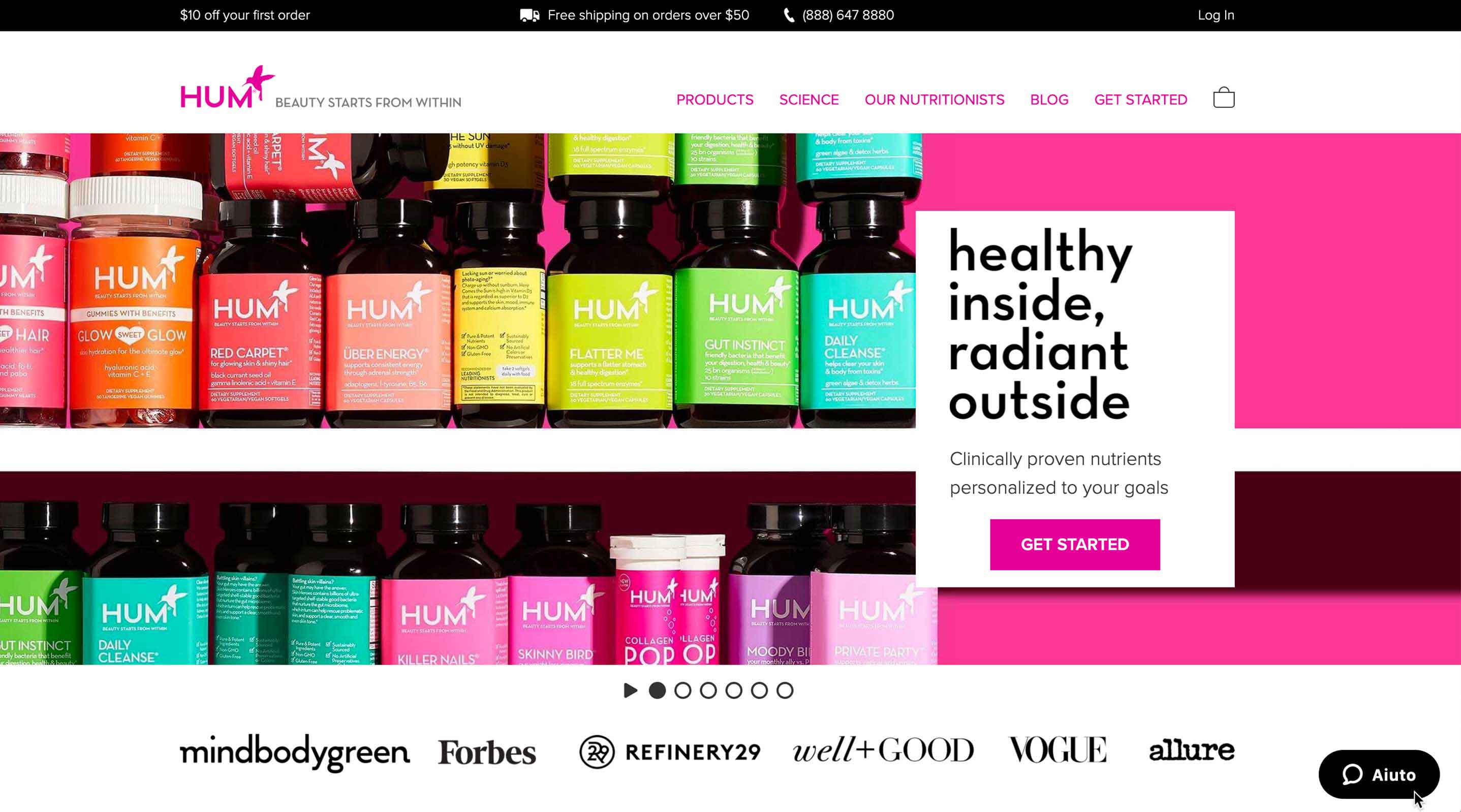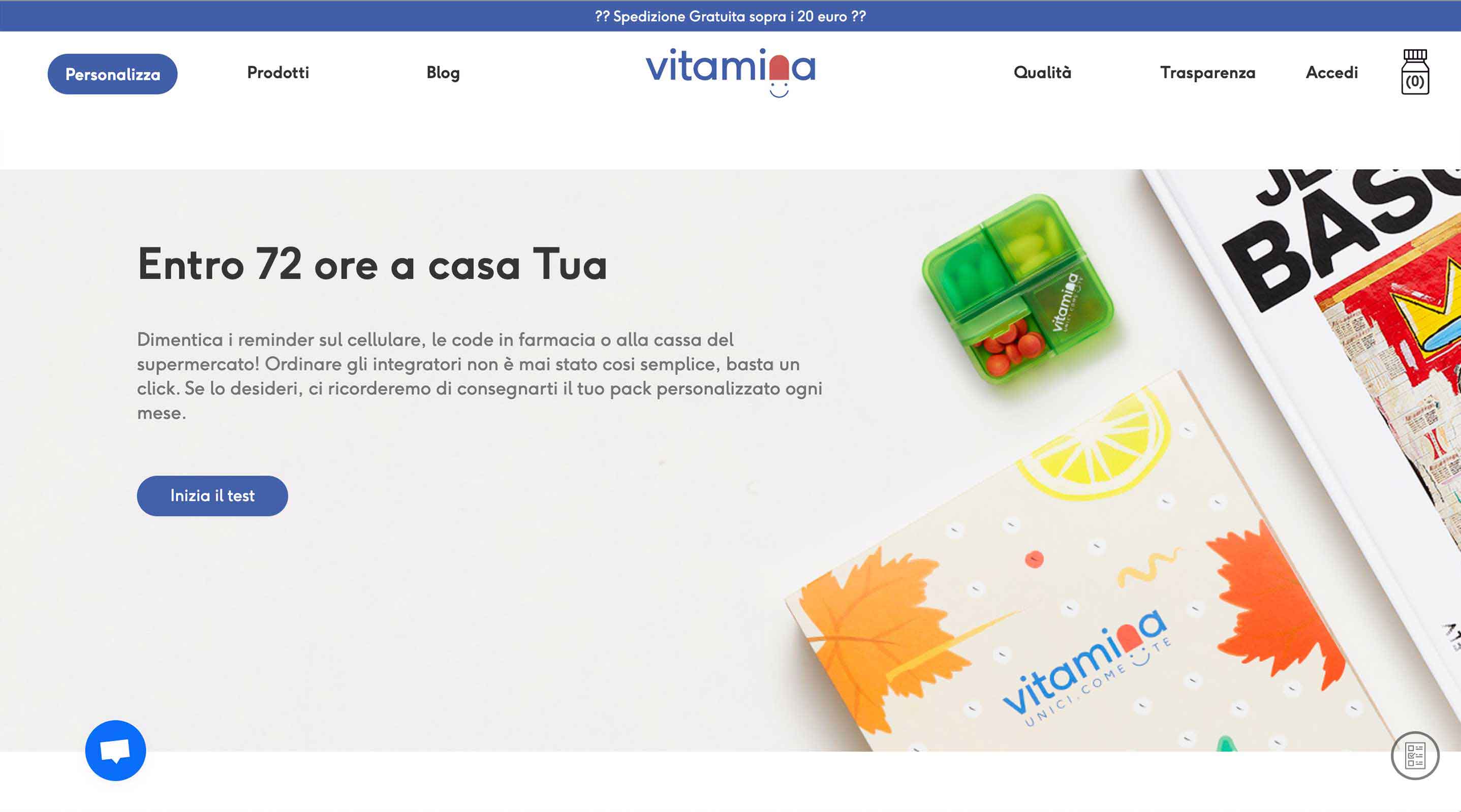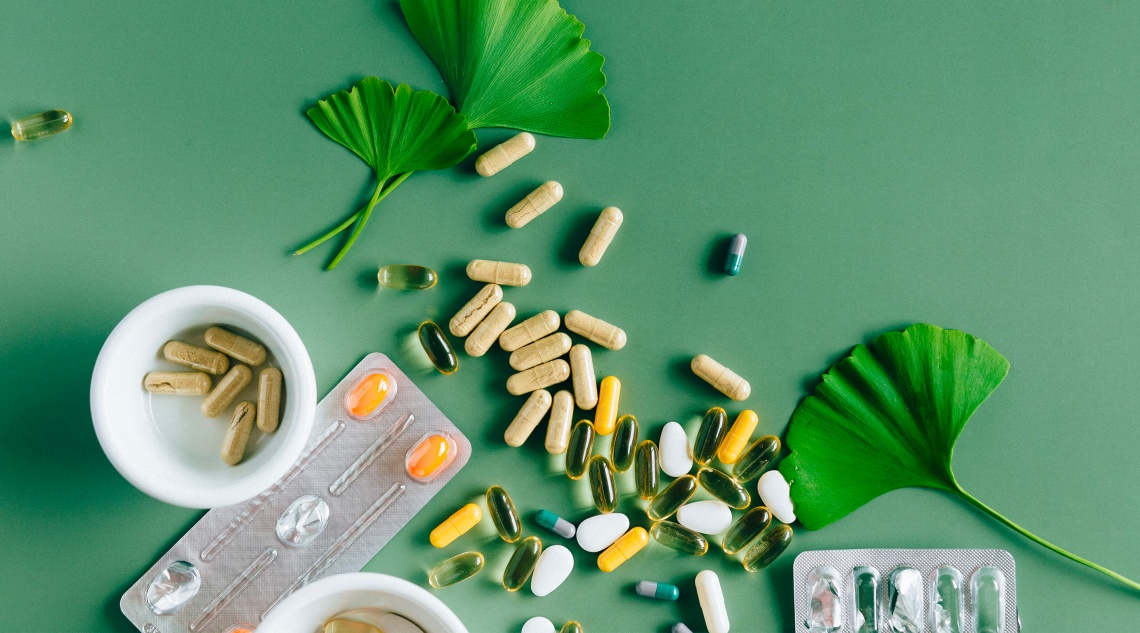In 2019, the global dietary supplements market size was estimated at 48.22 billion US dollars. However, according to a report published by Fortune Business Insights in 2020, that value is expected to reach 117.92 billion US dollar by 2027.
The kick-off of this incredible rise taking place in the year of the pandemic is not a coincidence: the outbreak of Covid-19 and the sanitary crisis it caused seem to have pushed people towards a closer attention to their health and, eventually, to take more serious care of it. During lockdowns, pharmaceutical e-commerce platforms registered a spike in sales for dietary supplements, especially those aimed to support mental health and the immune system, but also to make up for the lack of sun-light (due to the forced house confinement) as well as skin and hair care.

The consumers’ renewed interest for their own health also generated a greater awareness on the topic, leading them to dive deeper into it in search of personalized solutions to take good care of something as personal as their own well-being.
In this age of service customization, where from entertainment to purchases everything we consume is presented to us through the filter of our own preferences, food supplements have become “tailor-made” too and now, in the more cautious and distanced reality created by the pandemic, delivered to our own door. Thus, 2020 saw the rise of personalized supplements’ delivery services: a blend of vitamins assembled to fulfill the customer’s needs, whatever they may be, easy to take and regularly delivered.
The success of such services is no new thing, considering that back in 2019 even the food and drink mogul Nestlé decided to purchase the Persona start-up through its pharmaceutical unit Nestlé Health Science, picking up on the market opportunity.

The winning formula consists in a customer experience revolving around the buyer to make them feel at the center of attention. A common tool among these services is the informative questionnaire: just landed on the site, customers answer a series of questions on their past experience with supplements, their habits, their preferences and finally their needs, with the results leading them to a proposal for a personalized blend, along with other compatible products to further customize it. Packaging plays its part too: while the Care/Of brand takes it one step further by printing the buyer’s name on each sachet of their personalized mix, making it personal and unique, these products’ packaging generally stands out for the modern design, bright colors and captivating names such as “Red Carpet”, “Big Chill” and “Flatter Me” from HUM nutrition. By shaping a social-friendly image, far away from the common pharmaceuticals, the brands entice customers to share their products as part of a healthy yet trendy “lifestyle”, boosting their popularity.

Italy also has its successful case: the Florence-based Vitamina, founded by Filippo Sala, Giovanna Geri and Marco Saccenti, is the country’s first delivery service for personalized supplements. Their products are 100% Made in Italy, produced by a laboratory with 40 years of experience and approved by the Ministry of Health, gaining them 10.000 customers and 60.000 products sold in their first three years. During the pandemic, Vitamina’s sales sky-rocketed with a 103% increase.
The expected response by the scientific world didn’t take long and came in the form of skepticism. Doctor Darria Long Gillespie, from the University of Tennessee School of Medicine, doubted the questionnaire’s precision in mapping out customers’ disorders as well as the effective benefits that these “pills and potions” can give, advising for a change in lifestyle instead. Brands themselves hesitate to take their scientific validity too far, with no claim of authority and far from advertising their products as full-on alternatives, but just supplementary indeed.
Whether it is just placebo effect or not, the success of personalized supplements’ delivery services is undeniable and all we can do is keep looking closely and see if such rosy expectations will be met, disappointed or, why not, exceeded. Surely, given the quite unique context in which it’s thriving, this trend reflects a widely spread, new-found interest for health that opens a window on what could be a new age of wellness.







